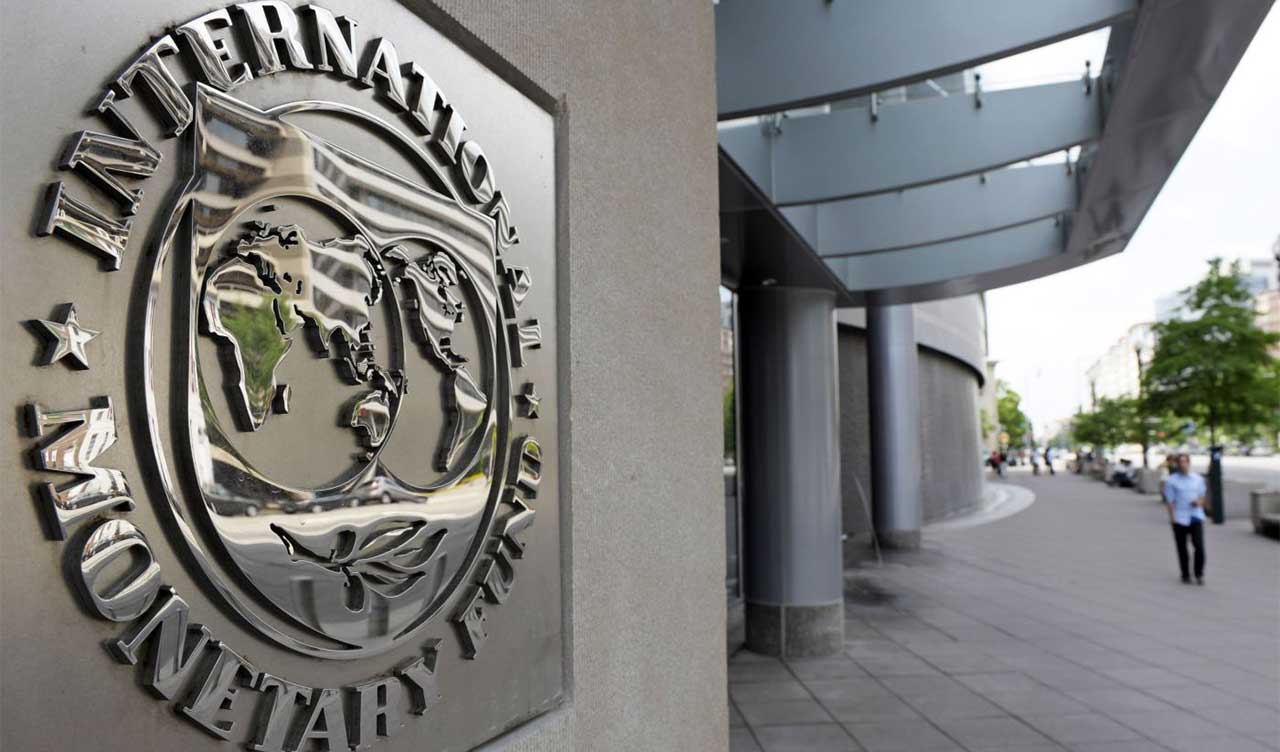
The AfCFTA covers a number of protocols is the continent’s most ambitious integration initiative with the main objectives of creating a single continental market for goods and services, promoting the free movement of business persons and investments, expanding intra-Africa trade across the regional economic communities and the continent in general as well as the enhancement of competitiveness in support of the continent’s economic transformation. The Agreement which entered into force on May 30, 2019 is a component of Agenda 2063, the continent’s framework for structural transformation containing other continental initiatives, as well as the 17 United Nations Agenda 2030’s sustainable development goals, SDGs. By the structuring of the AfCFTA, the six protocols, which invariably form an integral part of the Agreement, are on trade in goods and services, investment, intellectual property rights and competition policy, as well as dispute settlement.
The IMF report, from its findings, asserts that trade barrier removal would increase median goods trade between African countries by 53 per cent while also increasing the median goods trade between African countries by 53 per cent and with the rest of the world by 15 per cent. The exciting part of the report asserts that trade barrier removal will raise the median African country’s real per capita GDP by more than 10 per cent; and help lift an estimated 30-50 million people out of extreme poverty. This appears apt given that some of the major challenges confronting the African continent are the drop in per capita incomes over the years due to economic downturns in many economies as well as the ever increasing youth unemployment which has become a serious threat to the social and economic stability of many countries on the continent. It is gladdening to note that the IMF report concludes that a “successful implementation of the African Continental Free Trade Area could unlock important benefits including for jobs and income.” These are the reasons why the reminder on the need to efficiently implement the AfCFTA is very welcome.
Concerns have been raised in certain quarters within Nigeria for example, among stakeholders such as the Manufacturers Association of Nigeria, MAN and the Nigerian Labour Congress, NLC, among others on issues such as the lack of sufficient tradable goods from Nigeria due to the paucity of infrastructure for competitive manufacturing and industrial development such as electricity generation and road network which may turn Nigeria into a dumping ground. The AfCFTA, which is estimated to be the world’s largest free trade area with a large market of 1.2 billion people and a cumulative gross domestic product GDP of about $2.65 trillion, covers 55 African countries. Recent data shows that total intra-African agricultural trade was valued at US$24.4 billion (US$13.2 billion exports and US$11.1 billion imports) representing some 19% of total intra-African exports and 18% of intra-African imports. Intra-African agricultural exports are mainly palm oil, sugar, maize, rice and cigarettes.
Nigeria has been dilly-dallying in relations to the implementation of the AfCFTA, particularly under the Muhammadu Buhari administration where unnecessary border closures seem to have characterised the trade relations between Nigeria and its immediate neighbours, quite contrary to the tenets of the AfCFTA. Though Nigeria signed the protocol in Niamey, Niger Republic with the pronouncement that it believes not only in free trade but also fair trade, the anti-AfCFTA behaviour under Buhari was unabating. A case in point is the frequent border closures between Nigeria and its close neighbour Benin Republic. The types of businesses that take place across the Nigeria-Benin border are mainly local manufacturers who serve the markets of the West African sub-region and use land transport to access these markets. Lots of petty traders transact in perishable consumer items such as tomatoes, poultry products, rice and many others across these borders. These have, over time, under the Buhari administration, been short-changed by the seemingly rash decision of the government.
The huge losses to the petty traders and manufacturers that ply the route were estimated to be in billions of naira, thus very devastating to the traders who were mainly Nigerians. Many suffered irreparable damage given the spoilage of their perishable commodities and the consequent loss of business capital. The justifications by government that the frequent border closures were due to the massive smuggling activities, especially of rice, taking place on that corridor did not appear tenable as they did not take into account the need to address the challenges confronting the Customs Department in the entrenchment of efficient border controls, including interception of contraband goods and illegal arms and ammunitions, as is the case in many other jurisdictions. It is gladdening to note, however, that the newly inaugurated Tinubu administration has opened the Nigeria-Benin and other borders for the free flow of trade between Nigeria and her neighbours, in line with the dictates of AfCFTA. It is hoped that by this singular act, the benefits of the trade agreement, as enunciated in the AfCFTA document as well as the IMF report will start to trickle down on the staggering economies of the subcontinent, in the enhancement of the living standards of the people of the continent.
IMF and removal of trade barriers in Africa

IMF. PHOTO: AFP/Getty images
IMF. PHOTO: AFP/Getty images





